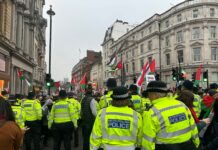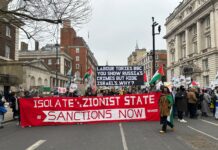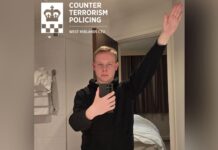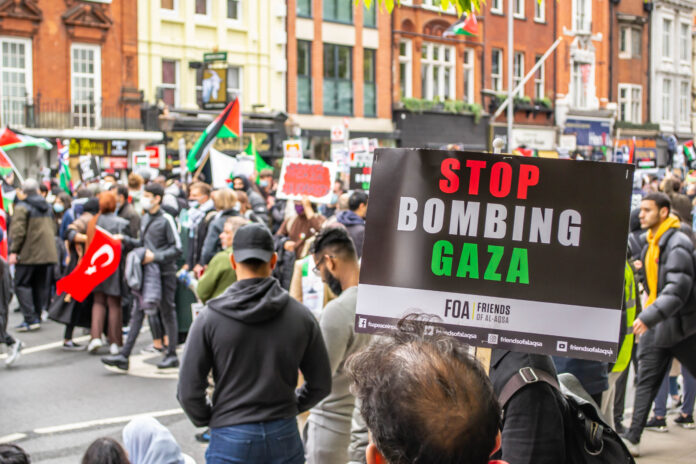
Two men have been charged with behaviour likely to stir up racial hatred following a demonstration where they allegedly chanted a battle cry which the sahaba chanted during the Battle of Khaybar.
Khaldoun Ahmad El-Ali, 27, and Mohammad Jihad Al Safi, were both charged on Thursday in relation to a demonstration in the Hyde Park/Kensington High Street area of London on May 22, 2021.
They have been bailed to appear at Westminster Magistrates’ Court on May 17.
In its press release, the Metropolitan Police described the Battle of Khaybar as “the 6th century massacre of Jews” – a characterisation that Muslims would strenuously object to.
The two men, along with over 100,000 other protesters, had gathered in central London in solidarity with the people of Palestine after a 11-day Israeli bombing campaign killed more than 230 Palestinians.
The police investigated the matter after a complaint from the Community Service Trust (CST), a charity which says it “protects British Jews from antisemitism and related threats.”
A CST spokesman said: “CST welcomes these charges and thanks the police for all the work they have done on this investigation following our original complaint. We hope this sends out a powerful signal regarding chanting on anti-Israel protests.”
Subscribe to our newsletter and stay updated on the latest news and updates from around the Muslim world!
The Battle of Khaybar was fought in the year 628 AD between the Muslims, led by the Prophet Muhammad (pbuh), and the Jewish tribes of Khaybar, located in the northwestern Arabian Peninsula. The battle resulted in a decisive victory for the Muslims.
According to Islamic narrations, the Jews of Khaybar had previously signed a treaty with the Muslims but violated it by joining forces with other Arab tribes to attack the believers. In response, the Prophet (pbuh) led an army of around 1,400 men to confront the much larger Jewish force.
The battle took place over a period of several weeks, during which the Muslims were able to conquer a number of Jewish strongholds through a combination of siege tactics and direct assault. The Jews of Khaybar fought fiercely, but were eventually overcome by the military tactics of the Muslim army.
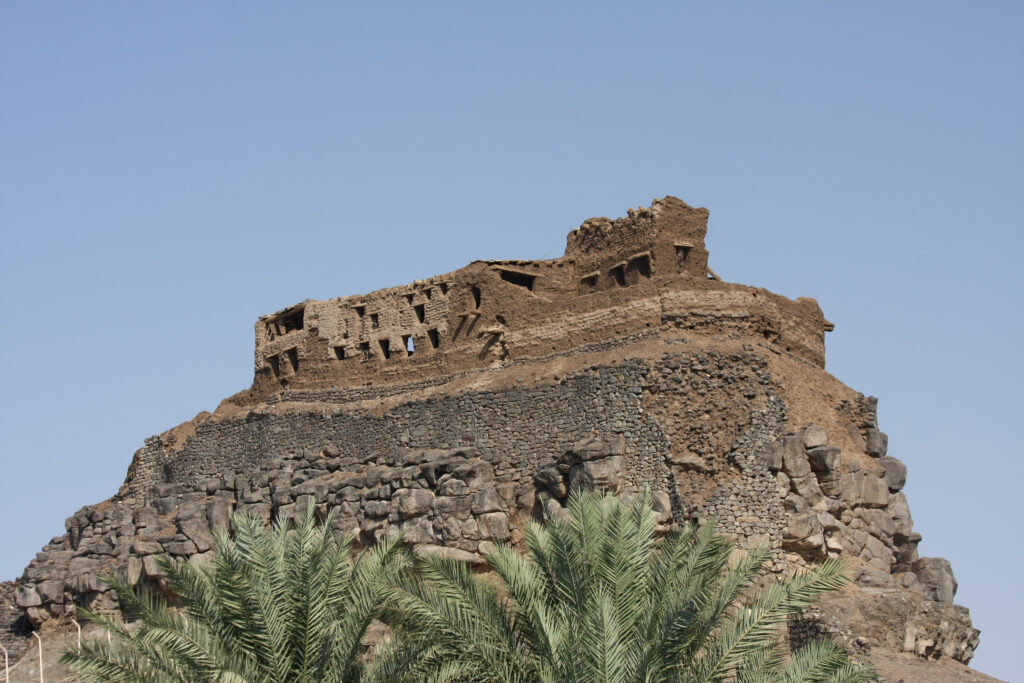
As a result of their defeat, the Jewish tribes of Khaybar were forced to surrender and pay tribute to the Muslims, effectively ending their autonomy in the region. This victory further strengthened the position of the Muslim community in Arabia and helped to pave the way for the spread of Islam throughout the Arabian Peninsula.
Despite claims to the contrary, there is no historical evidence of a massacre of Jews at Khaybar. While the battle was fierce and some of the Jewish defenders were killed, Islamic scholars say the Muslim army did not engage in wholesale killing or slaughter of the Jewish population.
Instead, the Muslims allowed the remaining Jewish population to continue living in Khaybar, but under Muslim rule and subject to payment of the jizya.
The Khaybar chant itself is often attributed to the Prophet (pbuh) himself and was used by the Muslim army during the battle as a rallying cry.
The chant goes as follows: “Khaybar, Khaybar, ya Yahud, jaish Muhammad sawfa ya’ud,” which means: “Khaybar, Khaybar, O Jews, the army of Muhammad will return.”
The chant is a reference to the defeat of the Jewish tribes of Khaybar by the Muslim army, and the promise of the Muslims to return and defend their faith against any future threats.
The chant originated in a specific historical context and was not intended as a general condemnation of Jews or Judaism.









